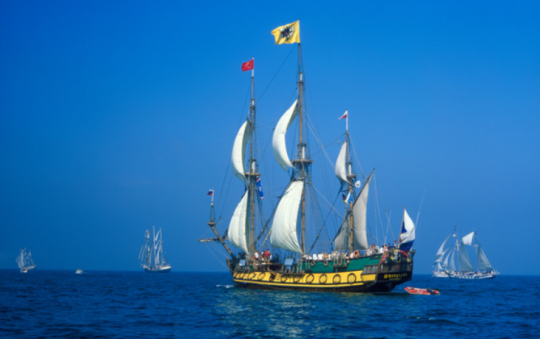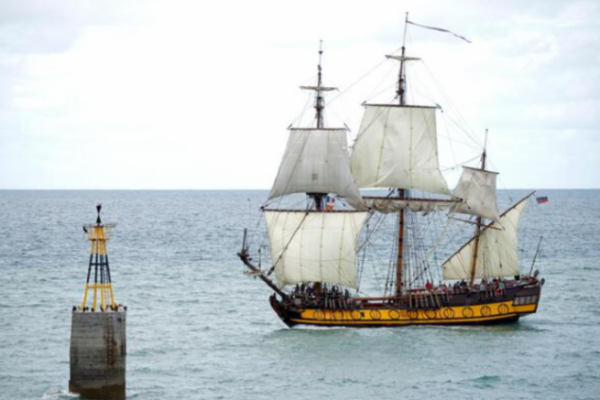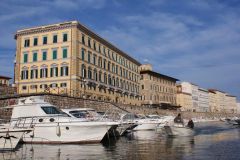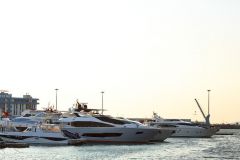For several weeks now, controversy has surrounded the participation of the training ship Shtandart in the Fêtes maritimes de Brest, scheduled for July 12-17, 2024. A historic replica of a Russian frigate, Shtandart was denied access to Finistère ports by a prefectoral decree dated July 7, 2024. This decision is the result of a recent amendment to European Union regulations, including "historic replica ships" in the restrictive measures aimed at vessels that flew the Russian flag before February 2022.
Shtandart's history and mission
The "Shtandart", built in 1999 in St. Petersburg by a team led by naval architect Vladimir Martus, is a faithful replica of an 18th-century Russian frigate. Primarily used as a training ship, she takes part in educational voyages designed to promote friendship between peoples and pass on ancient maritime traditions. Despite her Russian origins, Shtandart has often docked in European ports to take part in various maritime and cultural events.
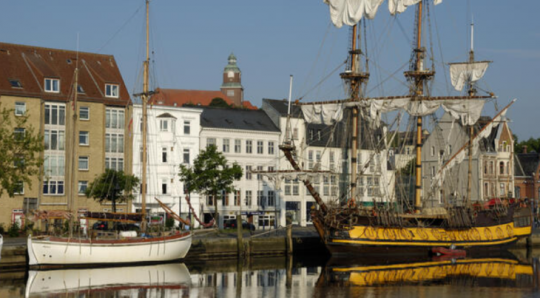
The prefect's decision and its implications
France recently adjusted its port policy to include "historic replica ships" in restrictive measures, under Regulation (EU) 833/2014 amended on June 24, 2024. The ban on access to Finistère's ports aims to prevent any disruption of public order, and therefore comes against a tense backdrop of international relations, marked by the invasion of Ukraine and the sanctions imposed by the European Union on Russia. However, the presence of the Shtandart in France had been tolerated in the past during previous editions of the Fêtes maritimes, raising questions about the recent prefectoral decision in Brest.
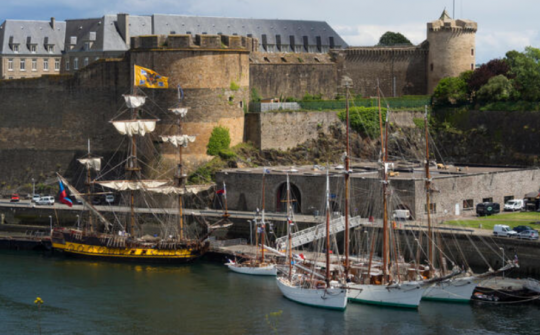
Reactions and positioning of the Shtandart crew
Faced with this ban, the crew of the Shtandart expressed their disappointment and denounced a form of " harassment "They stress that the Shtandart represents no threat to public order. They emphasize that the Shtandart poses no threat to public order, and stress its educational and cultural role in promoting international exchanges between sailors and maritime enthusiasts. They call for recognition of the ship's peaceful mission, far removed from current political tensions.
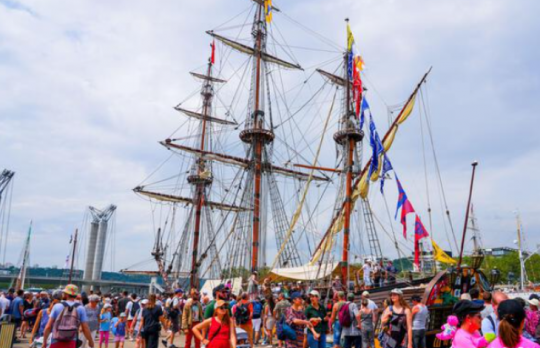
Vladimir Martus, captain of the Shtandart, who imagined the construction of the replica ship and has been leading the adventure since the early 1990s, defines himself as an opponent of Putin.

Consequences for Shtandart
The ban on access to the port of Brest raises concerns about the Shtandart's future participation in international maritime events. By suspending its participation in the Fêtes maritimes de Brest, the ship is seeing its planned commitments compromised, and risks not being able to fulfill its commitments educational and cultural missions planned in France.
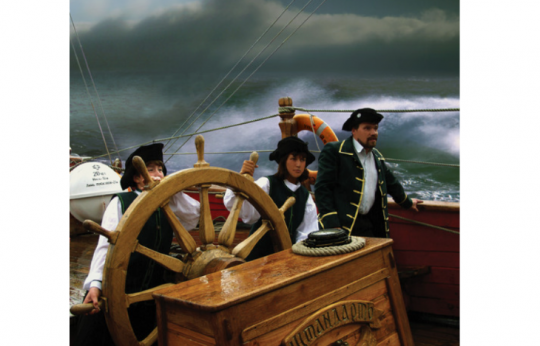
EU sanctions debate
This controversy highlights the difficulties posed by European Union sanctions on historic vessels and their impact on the preservation of the world's nautical heritage. It also raises questions about the management of maritime diplomatic relations and the protection of international cultural events from geopolitical tensions.
The Shtandart case illustrates the complex interplay between national security, cultural heritage and maritime diplomacy. It calls for in-depth reflection on how international regulations can influence the activities of historic and educational vessels, while preserving the values of cooperation and understanding between nations across the marine world.
